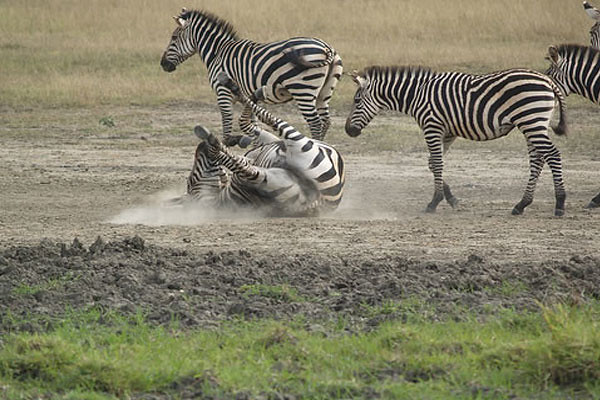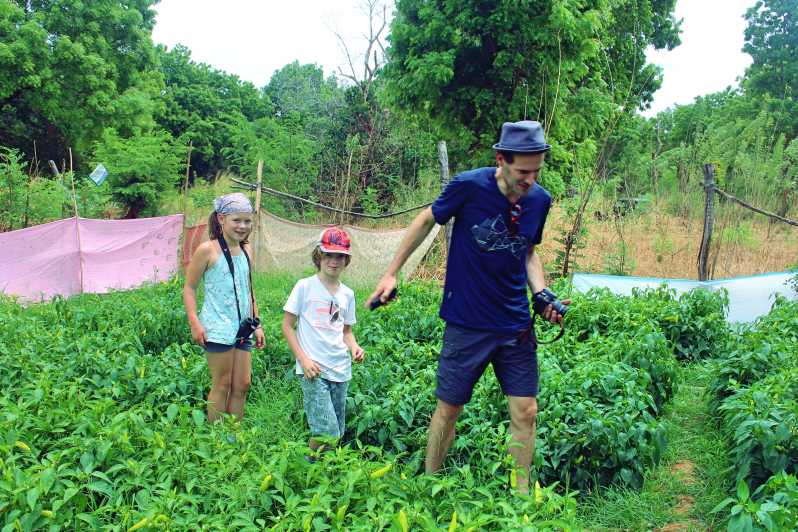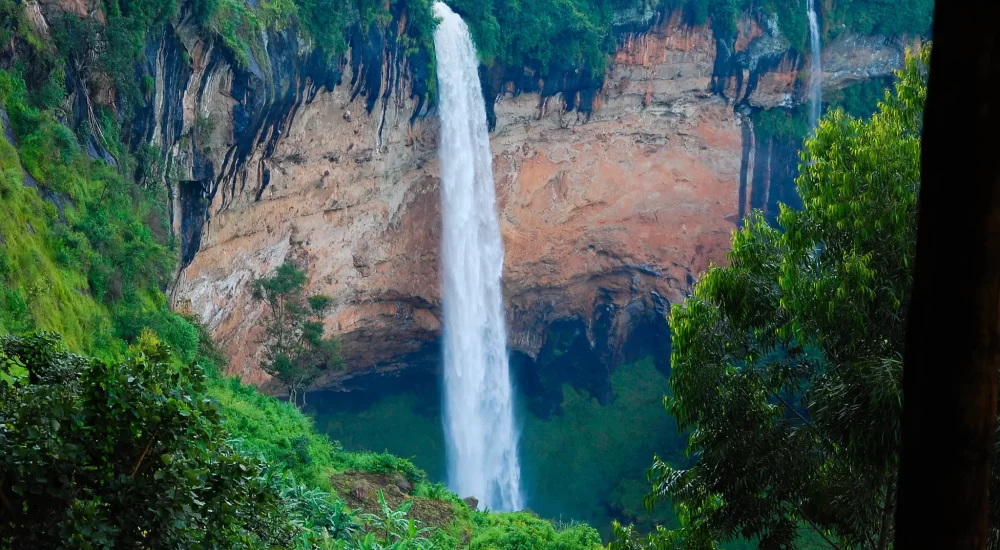Safari adventures in Uganda Africa. Located in Uganda-Entebbe, Monumental Expeditions and Safaris organizes safari trips…
Coffee tours around Sipi falls.
Coffee tours around Sipi falls.
Sipi Falls coffee excursions. For many Ugandans living in poverty, coffee is a lifeline, and for the country as a whole, it’s a significant source of revenue. Government agency UCDA (Uganda Coffee Development Authority) estimates that around half a million families rely on coffee cultivation. Arabica and Robusta coffee are the two primary varieties farmed in Uganda.
On a yearly basis, Robusta makes up 85% of output and Arabica accounts for 15%. Coffee is a great investment opportunity since it can be used for many other things outside just making money. Asthma, headaches, and Alzheimer’s disease are all treatable with coffee’s medicinal properties.
Caffeine is a stimulant, so it could keep you up at night, preventing you from getting enough rest. There are a lot of commercial applications for coffee, particularly in the chemical sector, due to its high chemical diversity (approximately 700 distinct chemicals).
![]()
Exploring the many varieties of coffee cultivated in Uganda on a guided trip. Visiting the coffee farms on the lower slopes of Mount Elgon is a great way to enhance your stay at Sipi. Located between 1600 and 1900 meters in elevation, the coffee grown here is primarily Arabica.
The Bagishu and Sabiny people rely on it as a cash crop. On this tour, you will not only see the local lifestyle, but also learn about the many steps involved in harvesting, processing, and roasting coffee. Western Uganda and other parts of central Uganda are home to the Robusta variety.
Follow the coffee bean’s journey from farm to cup. Among the world’s best Arabica coffees, you’ll find Sipi Falls. Visit a nearby farm and meet the farmers; they’ll give you a tour of their plantation and explain how the produce grows and how they help out.
See the carefully chosen green beans in action before they are sent out by taking a tour of the nearby processing factory. At long last, you may have your very own cup of freshly roasted coffee after learning the traditional skill of doing it.
Varietal of Arabica coffee grown near Sipi Falls
Arabica coffee is often cultivated on farms that also raise peanuts, bananas, beans, and other food products for domestic use. The essential factor in ensuring sustainable coffee production is the cultivation of the crop beneath shade trees. The coffee plants benefit from the leaf mulch that trees in the shadow provide.
Arabica coffee plants in Mbale are best planted in the months of March and April, and the best time to harvest is from August through November. Prior to planting, the coffee trees are clipped between the months of December and February. After the rains have passed, the trees begin to bloom.
WHAT THE COFFEE TOUR WILL ENtail
Join us on a journey to a local coffee farm, where you’ll see the beans in their natural habitat before learning how to roast them, removing the husks, and brewing your very own cup of coffee. To arrange a coffee trip near Sipi Falls in Uganda, get in touch with Monumental Expeditions and Safaris.


